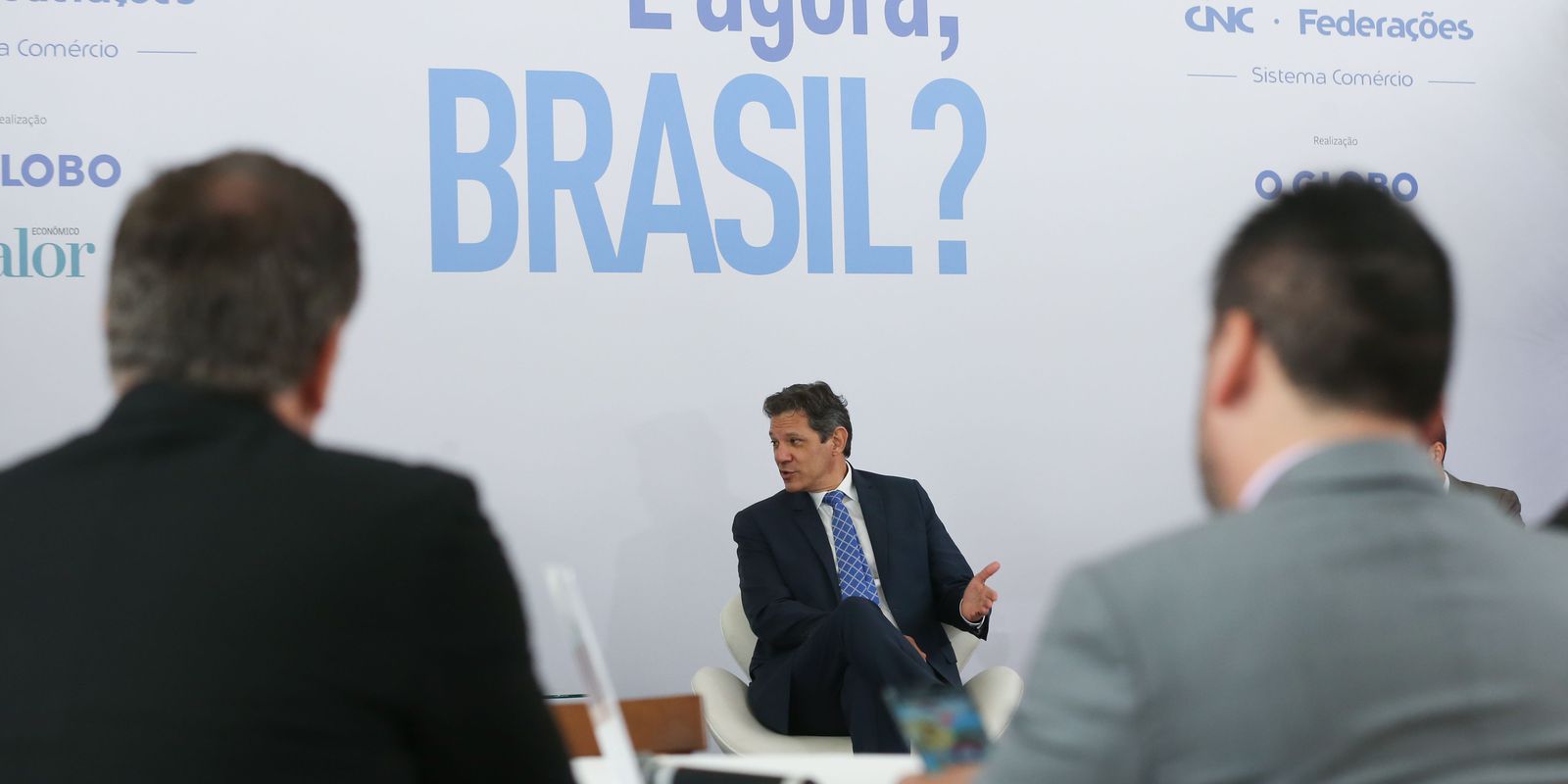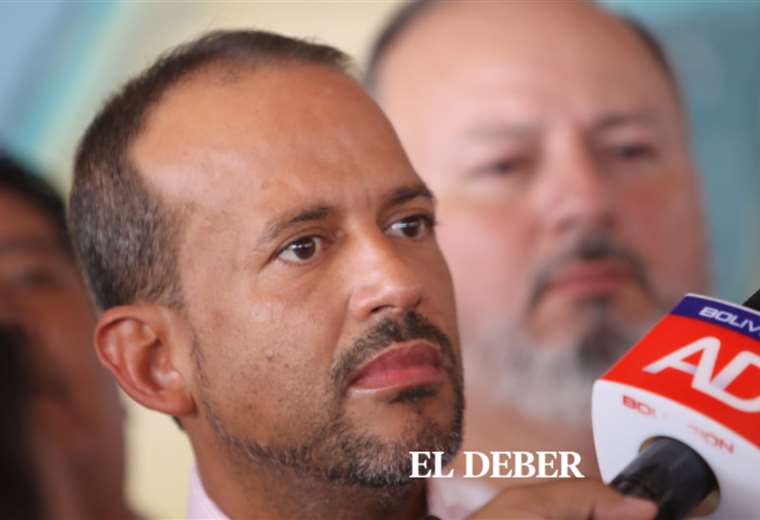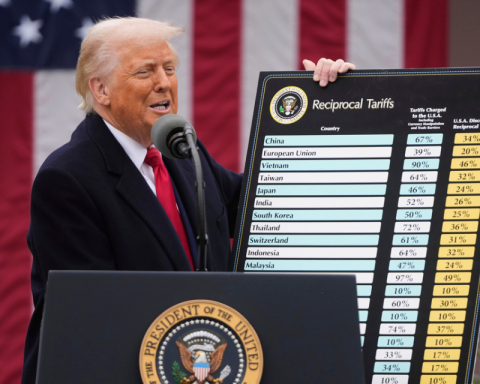The Minister of Finance, Fernando Haddad, said today (13) that the economic team is sure of the consistency of the new fiscal framework that is being drawn up in order to achieve the objective of replacing the spending ceiling. The expectation is to present the proposal this week to President Luiz Inácio Lula da Silva, before his trip to China.
During the event E Agora Brasil, promoted in Brasília by the Globo group, Haddad said that he intends to detail the proposal this Monday with the vice president and Minister of Development, Geraldo Alckmin. “That way we will have time to give the Ministry of Planning conditions to start preparing the LDO [Lei de Diretrizes Orçamentárias]”, he stated.
Tax reform
When talking about the tax reform, Haddad explained that it will be through this that the government will seek “tax justice, simplification, transparency and a development agenda”, in order to provide “greater development” for the country. According to the minister, the expectation is that the proposal will be voted on by the Chamber between June and July and, in September or October, be considered by the Senate.
Haddad reiterated that the commitment of the tax reform is to guarantee a stable tax burden. “We have no intention of charging consumption tax for obvious reasons: Brazil already charges a lot on consumption. As it cannot be lowered, we are going to keep it so that, later, in a second phase, we can make room for an accommodation that reduces the consumption tax over time”.
He compared the reform to “a lot of little keys to be moved”. “If you look at the one that will result in a loss, and not look at the one that will result in a gain, you will make the reform unfeasible”, argued the minister.
efficiency shock
The minister added that the efficiency shock caused by the tax reform in the Brazilian economy will be so great that it makes any more accurate projection difficult. “It is not possible to estimate at this moment, as it will be so big. There is talk of something between a 10% and 20% GDP shock [Produto Interno Bruto, soma de todos os bens e serviços produzidos no país].”
“But I think that we are going to make life much easier for investors, workers and the Public Power, with this perspective, and no one can use as an excuse that they are going to lose or win, because all the deadlines are being calibrated precisely so that we have a smooth landing , a smooth transition, but with a direct impact on the taxpayer”, he added.
In response to questions from the audience, Haddad reiterated that the return of the Provisional Contribution on Financial Transactions (CPMF) is not in his team’s plans. “It is not on our radar, nor in the plans of the economic area. I speak on behalf of Finance, Planning and the Ministry of Development, Industry and Commerce. This possibility is not on anyone’s table in Brazil.”
sustainability horizon
The Minister of Finance added that, based on proposals designed “from the accumulation of the Senate and the Chamber”, the proposal will put an end to a huge distributional conflict in the country, in the public-private and public-public spheres.
“This will give us a much greater horizon of sustainability and legal certainty than we have today, and eliminate those completely arbitrary exemptions, which were based on crony capitalism. And we are going to have transparency, knowing where the Brazilian public money is coming from and where it is going”.
The minister said he was convinced that, if the previous government had wanted to vote on tax reform, it would have succeeded. “I say this because several testimonies were given to me by parliamentarians, including those from the base of the previous government. He declined to vote on tax reform. He could have voted and it would have been an important legacy for the country.”















